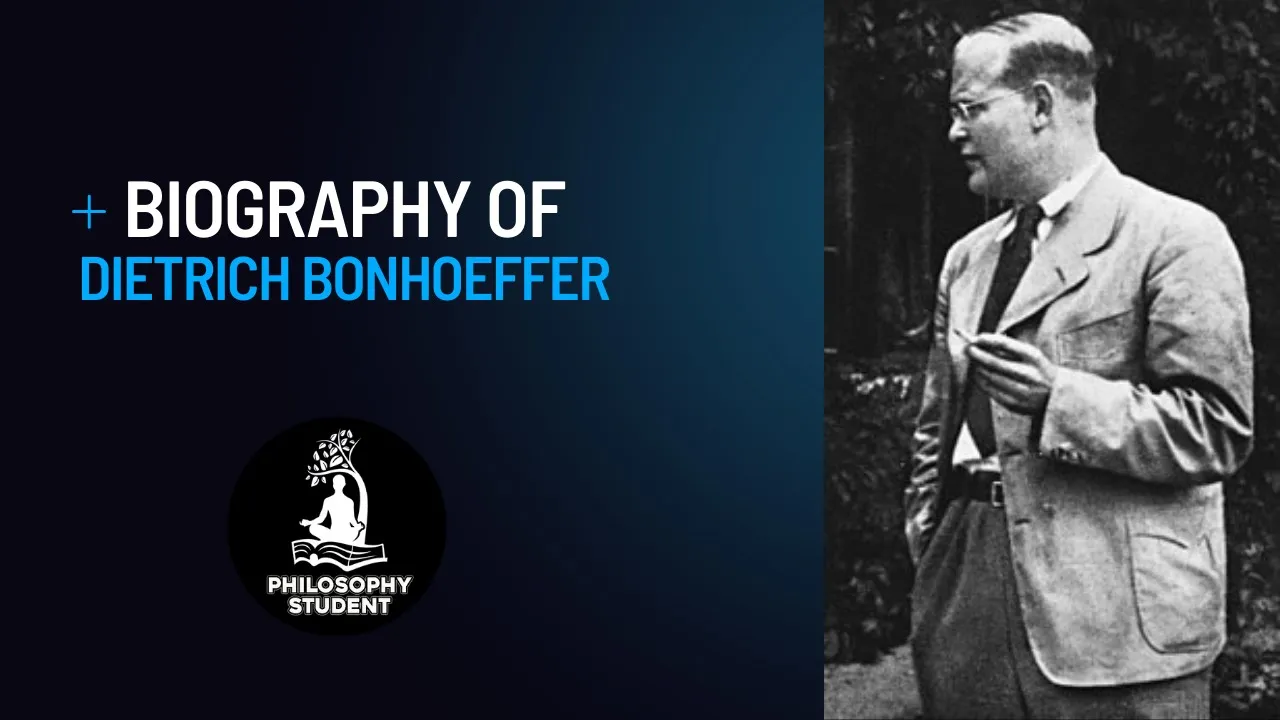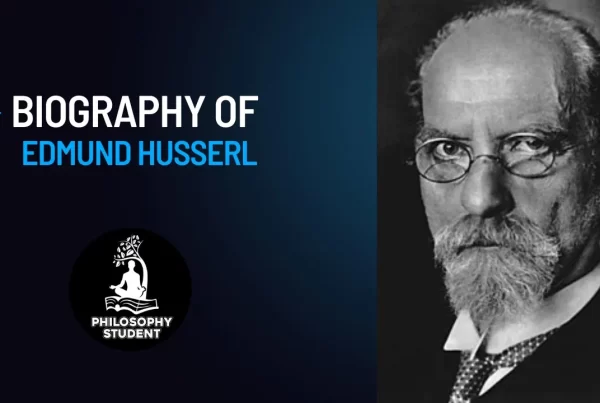Born on February 4, 1906, in Breslau, one of eight children of psychiatrist and neurologist Karl Bonhoeffer, Dietrich Bonhoeffer earned both an undergraduate degree and the equivalent of a master’s at the Protestant Faculty of Theology of the University of Tübingen and went on to a doctorate in theology from the University of Berlin in 1927. He traveled to the United States in 1930 for postgraduate work and to teach at the Union Theological Seminary in New York City, where he also studied under Reinhold Niebuhr. He attended services at the Abyssinian Baptist Church in Harlem, where he was impressed with the
preaching of Adam Clayton Powell Sr. and became attuned to the relation of religion to social justice.
Back in Germany, Bonhoeffer lectured in theology at the University of Berlin and, having reached the age of twenty-five, was ordained a minister. When Adolf Hitler rose to the chancellorship in the German government of Paul von Hindenburg, he became an outspoken opponent of Nazism and enlisted the faithful to fight alongside him. After the Protestant establishment declared its allegiance to Hitler and National Socialism, Bonhoeffer and another minister, Hermann Sasse, drafted the Bethel Confession, which opposed the Nazi German Christian” movement. Nevertheless, the national synod approved the so-called Aryan paragraph, which barred non-Aryans from the Protestant churches and led to a demand for the removal of the Old Testament from the churches as well.
In this climate, Bonhoeffer declined the offer of a parish in Berlin in fall 1933 and accepted a two-year appointment as pastor of two German-speaking churches in London. His plan was to garner support for a breakaway German Protestant movement called the Confessing Church. After his English appointment ended, in 1935, Bonhoeffer turned down an offer to study under Gandhi in his Indian ashram and returned to Germany to head a covert seminary to train Confessing Church pastors. This was the beginning of an underground spiritual movement, in which he trained anti-Nazi pastors across Germany. He returned to the Union Theological Seminary in New York in 1939 but almost immediately sailed back to Germany. Forbidden to speak or to publish, he joined the Abwehr, German military intelligence, using it as cover for his work as a resistance movement courier. He also began writing Ethics but was arrested and imprisoned on April 5, 1943. After the Abwehr was discredited as a haven for double-agents, Bonhoeffer was tried and condemned on April 8, 1945 at Flossenbürg concentration camp. He was hanged the next day. Flossenbürg was liberated just two weeks later by American troops.
Bonhoeffer was a pioneer in the modern theology of protest, resistance, and social justice. For him, theology, philosophy, and social activism intersected at the question of truth. “No man in the whole world can change the truth,” he wrote. “One can only look for the truth, find it and serve it. Truth is in all places.” The idea that truth is supreme and can be found everywhere has led some to see Bonhoeffer as the unwitting founder of the so-called Death of God movement, the rise of secularism—what Bonhoeffer himself called “religionless Christianity”—in the postwar world.




































